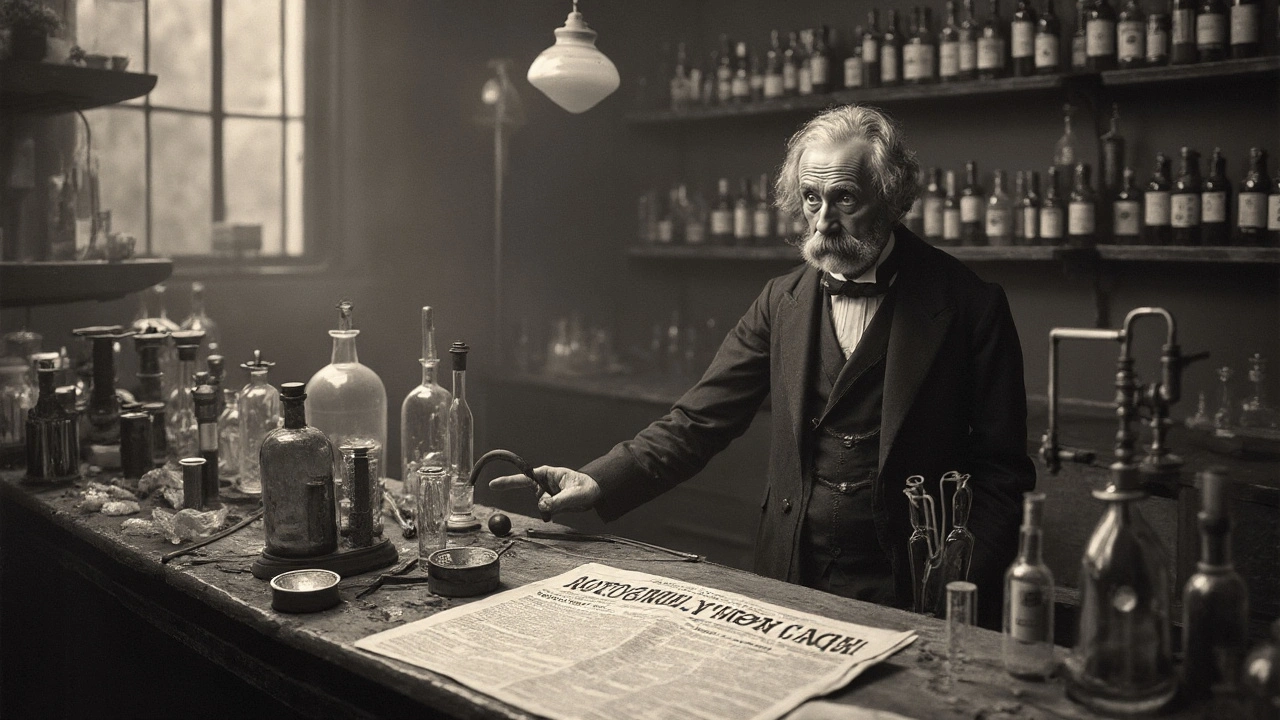Nitroglycerin Safety: What You Need to Know
If you’ve been prescribed nitroglycerin, you probably have chest pain or angina. It’s a fast‑acting drug that widens blood vessels and eases heart workload. But like any medication, it comes with rules you should follow. Below are the most useful safety tips so you can feel confident using nitroglycerin without surprises.
How to Take Nitroglycerin Correctly
First, read the prescription label. Nitroglycerin comes as tablets, sprays, or patches. For tablets, place one under your tongue and let it dissolve—don’t swallow. If you use a spray, aim it at the inside of your cheek and let it absorb. Never chew or swallow the tablet because it won’t work fast enough.
When you feel chest pain, take one dose and wait a few minutes. If the pain isn’t gone, you can take a second dose. Most doctors allow up to three doses within 15 minutes, but if the pain persists after that, call emergency services right away. It’s a sign that something more serious is happening.
Common Side Effects and How to Manage Them
Headaches are the most reported side effect. They happen because the blood vessels in your head also widen. To lessen them, sit down, hydrate, and consider an over‑the‑counter pain reliever if your doctor says it’s okay. Light‑headedness or dizziness can also occur, especially if you stand up quickly. Move slowly from lying down to sitting, then to standing.Watch for a rapid heartbeat or low blood pressure. If you notice a pounding heart or feel faint, sit or lie down and raise your legs. If symptoms don’t improve, seek medical help.
Never mix nitroglycerin with erectile dysfunction drugs (like Viagra) or certain blood pressure medicines. The combination can cause a dangerous drop in blood pressure. Always tell your pharmacist about every medication you take.
Storage and Handling Tips
Keep nitroglycerin in its original container, tightly closed, and away from heat or direct sunlight. Tablets lose potency quickly when exposed to air, so replace the bottle after a month even if pills remain. Sprays and patches have similar expiry dates—discard them when they’re past due.
If you travel, store the medication in a cool place in your carry‑on bag, not in checked luggage. The cabin’s temperature is more stable, and you’ll have it handy if chest pain strikes.
What to Do in an Emergency
If you run out of nitroglycerin, call your pharmacy right away. Keep a spare bottle in a trusted place—like a friend’s house or your car—so you’re never caught without it. If you ever miss a dose, don’t double up; just continue with the next scheduled dose.
Remember, nitroglycerin is a rescue medication, not a daily preventive. If you find yourself using it often, schedule a check‑up with your doctor. Frequent attacks may mean you need a different treatment plan.Finally, keep an emergency contact list in your phone: your doctor’s number, the nearest hospital, and a family member who knows your condition. In a crisis, quick communication can save time and lives.
By following these practical steps—proper dosing, watching for side effects, storing correctly, and having a backup plan—you’ll use nitroglycerin safely and get the heart relief you need.
Nitroglycerin Uses, Benefits & What You Must Know
What exactly does nitroglycerin do? Get the facts about its history, how it’s used for heart health, smart safety tips, and why it’s still so vital today.
